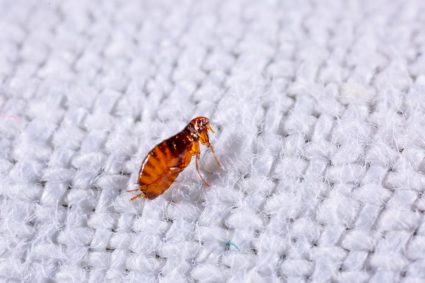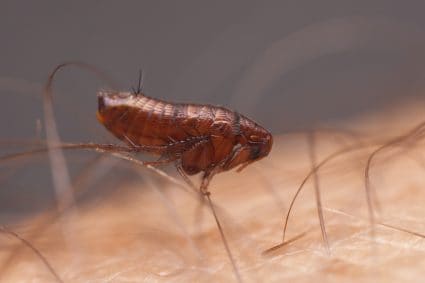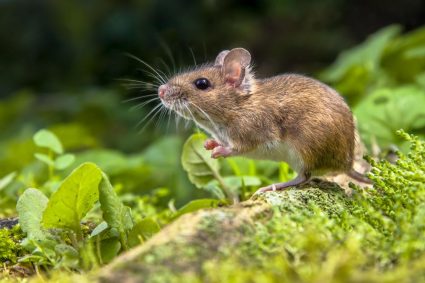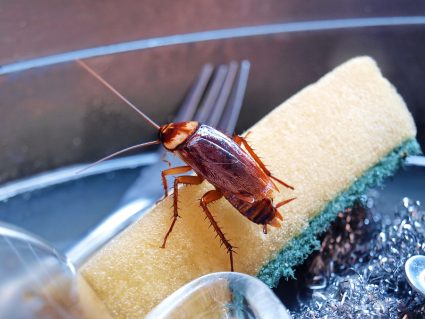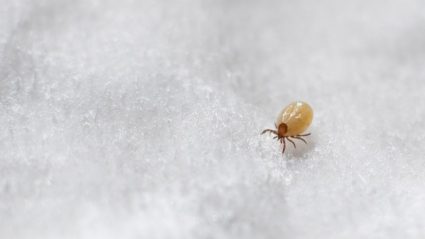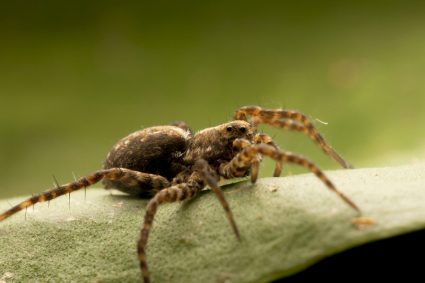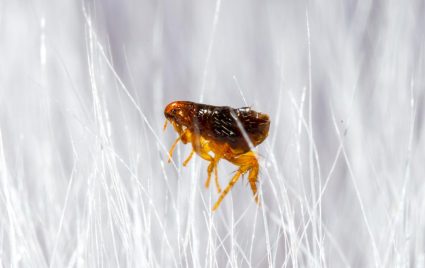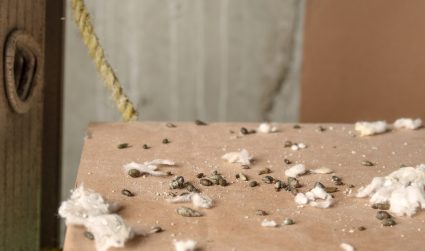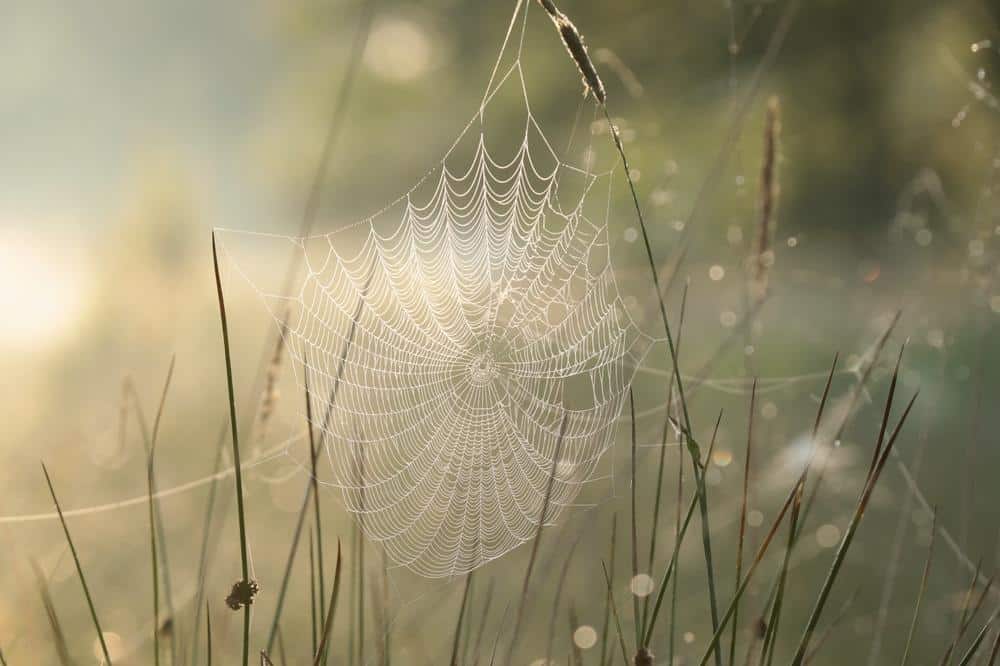
Spider bites are a common concern for parents, especially those whose children spend a lot of time outdoors. While most spider bites are harmless and cause only minor reactions, bites from venomous spiders like the black widow or the brown recluse can be more dangerous, especially for children. In this comprehensive guide, we will discuss what a spider bite looks like on a child, the symptoms, potential complications, and preventative measures to avoid spider bites.
A spider bite on a child can look like a small red bump, similar to a bee sting or mosquito bite. However, bites from venomous spiders like the brown recluse or black widow can have more distinct characteristics. A brown recluse spider bite may cause swelling, redness, and a dark center, while a black widow spider bite can cause pain and swelling that increases over time. If you suspect a venomous spider bite, seek immediate medical attention.
Physical Characteristics of a Spider Bite on a Child’s Skin
Spider bites can cause redness, pain, and swelling, but they may also go unnoticed or look like any other bug bite. However, bites from certain spiders, such as the brown recluse or black widow, can cause more severe symptoms and require immediate medical attention.
Brown Recluse Spider Bite
A brown recluse spider bite may cause swelling, redness, and pain within 2 to 8 hours, and blisters around the bite area. Some bites can become dark in the center. In rare cases, it can also cause chills, fever, nausea, rash, body aches, and dark urine.
Black Widow Spider Bite
A black widow spider bite might not hurt initially or may feel like a pinprick, but an hour or two later, the bite area can become painful and swollen, and painful cramps may spread to the rest of the body.
Symptoms of a Spider Bite on a Child
Symptoms of a spider bite on a child can vary depending on the type of spider involved. Most spider bites cause local pain, redness, and swelling, similar to a bee sting reaction. However, bites from certain spiders, such as the brown recluse and black widow, can cause more severe symptoms.
In rare cases, a child may develop an allergic reaction to a spider bite, which can cause symptoms such as facial or mouth swelling, trouble swallowing or speaking, difficulty breathing, and wheezing or chest tightness. If your child exhibits any of these symptoms or you suspect a bite from a brown recluse or black widow spider, seek medical attention immediately.
Potential Complications or Risks Associated with a Spider Bite on a Child
Complications and risks associated with spider bites on a child include local tissue damage, systemic loxoscelism, central nervous system effects, severe symptoms, allergic reactions, and infection. If you suspect your child has been bitten by a venomous spider, such as a black widow or brown recluse, seek medical attention immediately.
Preventative Measures to Avoid Spider Bites in Children
To prevent spider bites in children, follow these measures:
- Be cautious in areas where spiders may be present.
- Apply insect repellent containing 10 to 30 percent DEET or an EPA-registered alternative to your child’s skin.
- Encourage your child to wear protective clothing.
- Remove tall grass, leaves, and logs from outdoor play areas.
- Keep firewood outside and check it for spiders before bringing it into the house.
- Shake out shoes, hats, and gloves to check for spiders before putting them on.
- Ensure your child’s tetanus shots are up-to-date.
By following these preventative measures, you can reduce the risk of spider bites in children and keep them safe from potential harm.
Frequently Asked Questions
How long does a spider bite last on a child’s skin?
Most spider bites heal within a week. However, if the bite is from a venomous spider like a black widow or brown recluse, it may take longer to heal and could require medical attention.
What kind of spiders are most likely to bite children?
Any spider can bite if it feels threatened, but the spiders most likely to bite children in the U.S. are the brown recluse and black widow spiders.
Are spider bites common in children?
While spider bites can occur in children, they are not particularly common. Children who spend a lot of time outdoors or in areas where spiders are prevalent may be more likely to get bitten.
What should I do if I am unsure whether my child has been bitten by a spider or not?
If you are unsure whether your child has been bitten by a spider, it’s best to seek medical attention. A healthcare professional can help determine if a bite is from a spider and provide appropriate treatment.
Can spider bites leave scars?
Most spider bites do not leave scars. However, bites from venomous spiders like the brown recluse can cause tissue damage and may result in a scar.


